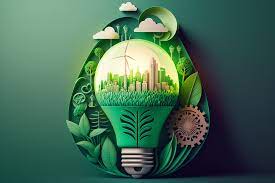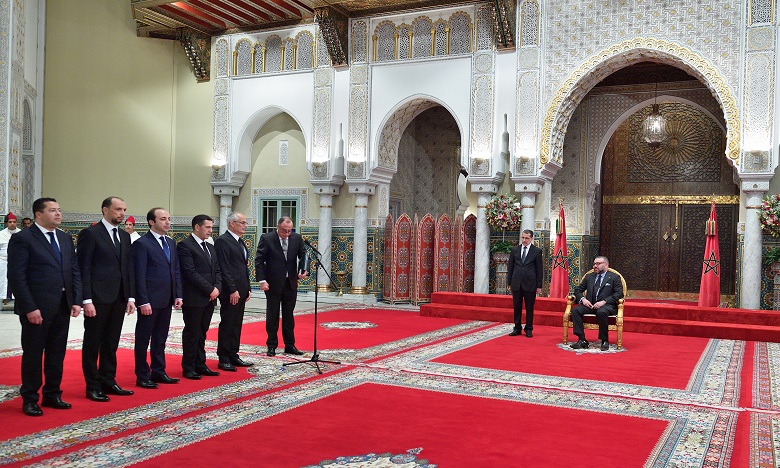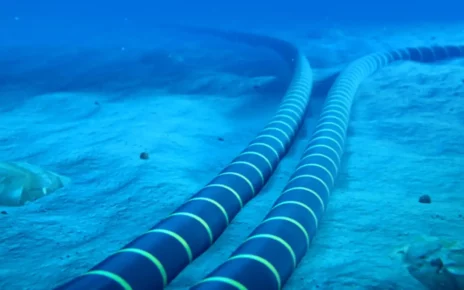The “Just Transition” project aimed at supporting Morocco’s efforts to implement its climate policy was launched on Wednesday in Rabat, by the European Union and Morocco.
The project, worth over €10 million (approximately 109 million dirhams), is co-financed by the German Ministry for Economic Cooperation and Development (BMZ) and the European Union (EU).
Entitled “Just Transition: Economic Incentives for Successful Climate Policy and NDC Implementation,” the project supports Morocco in using economic instruments for the socially responsible updating and implementation of the Nationally Determined Contribution (NDC) in the Kingdom.
The project was developed with an inclusive approach involving several ministerial departments and in close collaboration with several development partners, particularly the World Bank, the French Development Agency, and the EU to ensure complementarity with other initiatives such as the Climate Program – Support to the NDC.
This launch event highlighted two major themes that condition the future of ecological transition. The first axis of discussion, focused on “Just Transition” as a crucial pillar in the fight against climate change, allowed experts to share ideas on how to integrate social equity into climate initiatives.
The second theme, explored by experts from Morocco and the EU, addressed the “challenges and opportunities of decarbonization in the current crisis context.”
Discussions highlighted the need to adjust decarbonization strategies to the pressing challenges imposed by the current climate crisis, while identifying opportunities to accelerate the transition to a more sustainable economy, particularly within the framework of the Green Partnership between Morocco and the EU.
The event underscored the imperative of concerted action, involving government authorities, the private sector, and civil society, with international collaboration and a diversity of perspectives essential for addressing the complex challenges related to climate change.
Speaking during the launch ceremony, the EU Ambassador to Morocco, Patricia Llombart Cussac, praised Morocco’s “constant determination” to move towards a greener and more resilient economic development, integrating the current climate reality.
Ms. Llombart Cussac emphasized the importance of the cooperation between Morocco and the EU on climate issues, highlighting the shared ambition between the two partners to “decarbonize” their economies and firmly engage in a green transition in the face of accelerating climate change threats.
The EU’s planned contribution to this project is part of a broader program called “Green Energy,” worth €50 million, which includes support to the Moroccan government in implementing its climate ambitions and policies, she noted, adding that this program will be complemented by twinning between the National Energy Regulatory Authority (ANRE) and one or more of its European counterparts.
Despite its difficulty, the transition path “must allow us to create new opportunities for industrial cooperation, economic growth, and job creation, as it can contribute to strengthening our autonomy and competitiveness,” the EU diplomat said.
For his part, the Ambassador of Germany, Robert Dölger, emphasized the importance of this project, which marks a socially and economically equitable transition and aims to address climate challenges.
“Through this project, we will ensure that climate policies are fair, inclusive, and offer opportunities to everyone,” he noted, before praising Morocco’s exemplary model in combating climate change.



